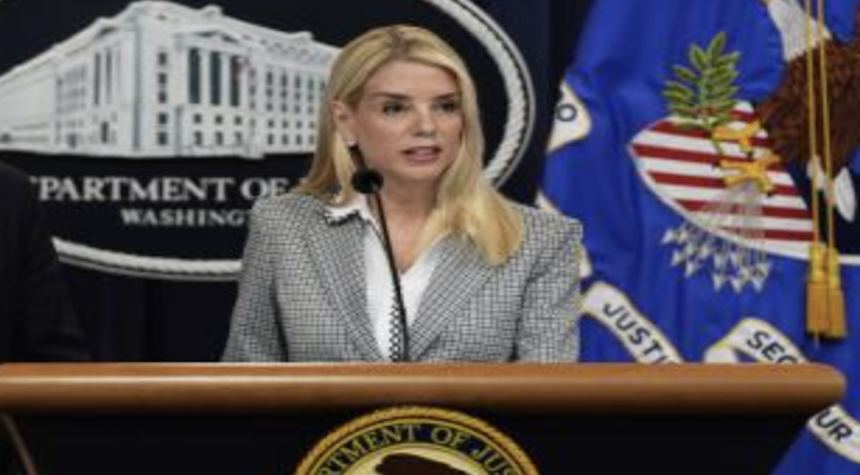José González Valencia, the brother-in-law of the elusive Jalisco New Generation cartel boss, known as “El Mencho”, was sentenced on Friday to a 30-year term in a U.S. federal prison. The sentencing comes after his 2017 arrest at a Brazilian beach resort, where he used a pseudonym whilst vacationing with his family.
González Valencia, aged 49, appeared before a federal court in Washington, D.C. Prosecutors revealed that he had orchestrated a prolific drug trafficking operation for many years, utilizing a variety of measures, including a semi-submersible, to evade detection. Additionally, he supplied weapons to one of Mexico’s most powerful cartels.
Reports indicate that González Valencia and his two brothers led “Los Cuinis”, a group that financially bolstered the drug trafficking operations of the Jalisco New Generation, or CJNG. The latter, known for its violent operations, was one among eight cartels designated as Foreign Terrorist Organizations by the Trump administration in February.

The State Department announced on Wednesday that it was sanctioning five CJNG leaders, including “El Mencho”, as specially designated global terrorists. Among the sanctioned individuals was CJNG regional commander Audias Flores Silva, who the State Department claims operates clandestine laboratories for the production of methamphetamine and other illegal drugs that are trafficked to the United States.
In connection with these developments, the State Department is offering rewards of up to $15 million and $5 million, respectively, for information leading to the arrests of “El Mencho” and Silva. Amidst these proceedings, Cristian Fernando Gutiérrez Ochoa, El Mencho’s son-in-law, appeared in the same courtroom to plead guilty to a money laundering conspiracy charge in a separate case.
These prosecutions signify the U.S. government’s efforts to weaken the brutal Jalisco New Generation cartel, known for importing large quantities of cocaine, methamphetamine, and fentanyl into the United States, and to track down its elusive leader, El Mencho.

The Trump administration has aimed to increase pressure on CJNG and other cartels with the Foreign Terrorist Organization designation, which provides authorities with new tools to prosecute those associated with cartels.
On one hand, Matthew Galeotti, who leads the Justice Department’s criminal division, believes that although prosecution alone cannot solve the cartel problem, it can make a significant impact by enforcing cooperation with Mexico and targeting high-level figures. On the other hand, critics argue this approach may exacerbate violence and instability.
González Valencia pleaded guilty to international cocaine trafficking in 2022. He had been in hiding in Bolivia since 2015 after leading Los Cuinis alongside his brothers for over a decade. Meanwhile, Los Cuinis allegedly used diverse methods to smuggle drugs bound for the U.S., including hiding drugs in frozen shark carcasses.
This raises important questions about the effectiveness of the U.S. government’s strategy against drug cartels and the overall impact on the war against drugs. As these cases continue to unfold, we will strive to keep you informed.

